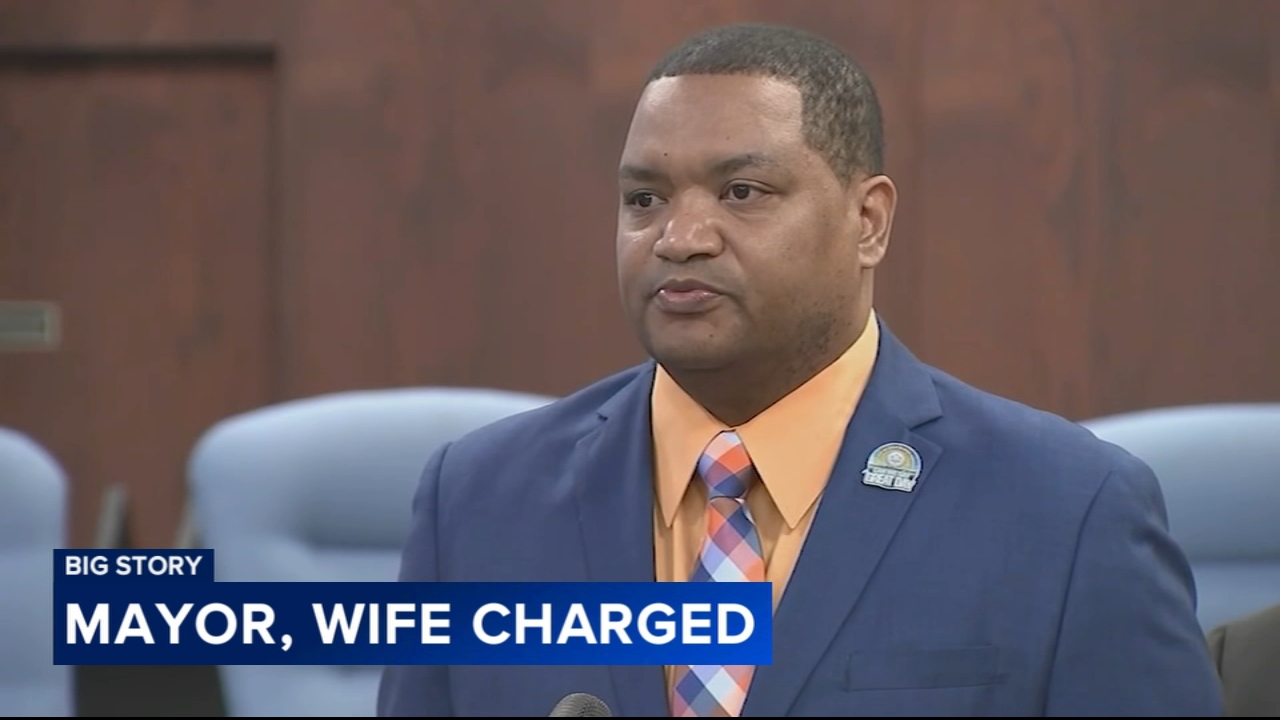Back-to-school: Making textbooks more affordable
The textbook market is very controversial. Consumer advocates warn trends that publishers claim are helping students save are actually doing the exact opposite.
Oriana Holmes-Price is a rising junior at Rutgers University-Camden and said each semester students have the same questions.
"How am I going to get my books? Do I have to wait? Am I even going to be able to buy all the books I need," she said.
Publishers are moving to digital-only textbooks and online access codes.
"The access code alone is $162 and the textbook is also around $160," she explained.

The access code is a login to a publisher's website where students not only access materials but also quizzes, exams and homework assignments.
"You really can't skip out on buying that," she said.
Critics argue digital-only eliminates a student's ability to buy used, rent, or sell back books at the end of the year forcing students to pay publishers exclusively.
"Pearson, Cengage and McGraw Hill control 80-percent of the textbook market and because they have a huge market share, they're able to raise prices and play all these games," said Kaitlyn Vitez of U.S. Public Interest Research Group.
But Pearson said its access codes include the textbook and the average price for its e-textbook is $40 and a print rental is $60.
Holmes-Price is working with PIRG and Rutgers to make textbooks more affordable.
"We want to make sure that professors and students are aware of what they can do to fight back against the publishers, the book stores," she said.
Rutgers launched an "Open and Affordable Textbook Program" in 2016. It helps faculty members find alternate materials, including open textbooks which are online, customizable and free.
"We've saved students an estimated $3.5 million in course material costs and this has impacted about 19,000 Rutgers students," said Zara Wilkinson, librarian at Rutgers Camden.
Temple University started its "Textbook Affordability Project" eight years ago with 86 professors participating so far. Anatomy and physiology professor Jacqueline Phillips switched from a $300 textbook to a free one for her students.
"Overall I've seen performance go up, so there's a lot of positives in it," she said.
Temple is also incentivizing its professors to create their own open, free textbooks through its North Quad Press.
"Any other faculty member in the country or the world could adopt that and they could modify it, they could reuse it, they could add content to it," explained librarian Steven Bell.
Back at Rutgers, Holmes-Price knows the impact open textbooks can make.
"It was a huge relief and burden off my shoulders," she said.
Here's what the publishers have to say. Pearson said it's offering the best prices and creating the best outcomes for students. Cengage McGraw-Hill, which is merging, said the publishers have played a large part in driving down the cost of course materials and the merger will accelerate and expand affordability initiatives.
"We are working closely with the Department of Justice on the HSR review of the transaction. The transaction is expected to close by early 2020, subject to customary closing conditions, including receipt of regulatory approvals. The companies remain confident that the transaction will benefit our customers," said a spokesperson for Cengage and McGraw-Hill Education.
Pearson spoke to Action News over the phone:
Pearson started a rental textbook program 1 1/2 years ago where the average price is $60 which they feel is competitive. A month ago, Pearson announced the end of the print revision cycle - for decades there has been a 3-year revision cycle. They are now doing a digital-first revision cycle, and customers will get revisions pushed to them just like what is done for apps/video games and that is free to the consumer. The average price for e-text is $40, the average price for a print rental is $60. A comprehensive digital course platform, which brings in more material, will average $79 which includes the textbook. Pearson's access codes include the textbook.
PIRG's criticism is that they are going to corner a new market and then raise prices but publishers realized that happened before and plan to begin anew this time around.
Pearson wants to make sure they are offering the best prices and creating the best outcomes for students to succeed in life. Pearson and other companies can succeed because if they offer this value the students will want to buy from publishers, getting great prices for a great product.
So what can you do?
Talk to your professors about moving to an open textbook. And when signing up for classes, when possible, do not choose courses with access codes and expensive textbooks.
PIRG said students can vote with their wallet.
Another controversial new trend is automatic billing, also known as "Inclusive Access" or "First Day," when students are auto-billed for their course materials, which are then provided to them before classes begin.
A few schools in our area are moving to or considering First Day, PIRG warns against it.
Kaitlyn Vitez, said, "These books have to be offered below market price but how much below market price is set by each publisher and each school and so we're just setting our students up for higher prices in the long run."
PIRG said students should ask if their school is considering Automatic Billing or First Day and let their concerns be known.
But Cengage McGraw Hill claimed its inclusive access program has the potential to save students 70% on course materials and already saved students an estimated $55 million in 2018.
For more information on saving on textbooks: OpenStax







